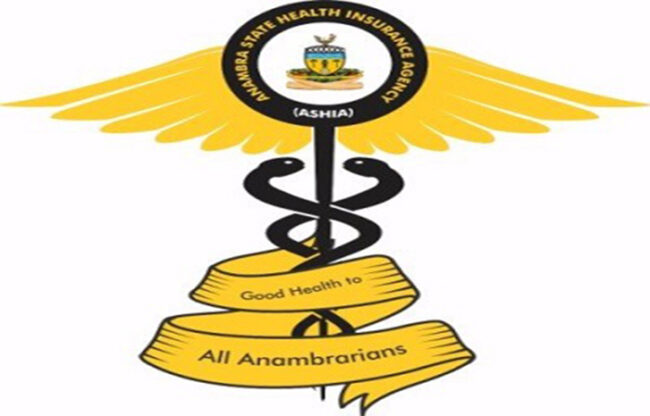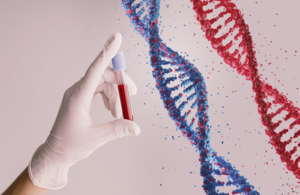In a momentous announcement, the Minister of Science and Technology, Adeleke Mamora, on Tuesday revealed remarkable advancements in healthcare and agriculture during a press briefing held at the prestigious Presidential Villa in Abuja.
With a strong focus on improving the nation’s well-being, Mamora unveiled the Ministry’s groundbreaking achievements in tackling prevalent diseases.
He said through extensive research and development, the Ministry had successfully developed diagnostic processes, treatment methods, and drugs to combat diseases such as sickle cell anemia and hypertension.
“Nigeria has a very large population of sickle cell disease patients and carriers; to that effect, I can tell that we have developed products from plants that combat or are anti-sickening in nature and therefore reduce the number of attacks that usually result from sickle cell anaemia.
“I can say that through our molecular diagnostic laboratories, we have been able to develop a mode of identifying or making a diagnosis because the first step in the management of a patient is to make the right diagnosis; if you don’t make the right diagnosis, you cannot treat what you don’t know,” the Minister said.
Highlighting the collaborative efforts of indigenous companies working under the Ministry’s various agencies, Mamora showcased a range of essential products that have gained significant prominence amidst the COVID-19 pandemic.
These include disinfectant towels, sanitizers, and solar-powered smart hand washing machines, all of which play a vital role in maintaining public health and safety.
Addressing the pressing issue of sickle cell disease, which affects a large population in Nigeria, Mamora unveiled the Ministry’s breakthrough anti-sickling products derived from potent plant sources.
These innovative solutions aim to reduce the frequency of debilitating sickle cell crises and provide much-needed relief to patients and their families.
The Minister further disclosed the successful formulation of some anti-hypertensive drinks using locally sourced herbs and materials, offering a natural and accessible approach to managing hypertension, a widespread health concern.
Additionally, the Ministry’s dedicated researchers have developed Lovastatin, a cost-effective drug derived from oyster mushrooms.
This development promises to provide an affordable alternative for individuals in need of cholesterol reduction, ensuring improved cardiovascular health for many.
The unveiling of these groundbreaking advancements marks a significant milestone for Nigeria’s science and technology sector.
As the Ministry continues to prioritize research and innovation, these achievements promise to transform healthcare, agriculture, and the overall well-being of the nation.
With these breakthroughs, Nigeria takes a confident step towards a brighter and healthier future, harnessing the power of science and technology for the benefit of its citizens and the nation as a whole.




